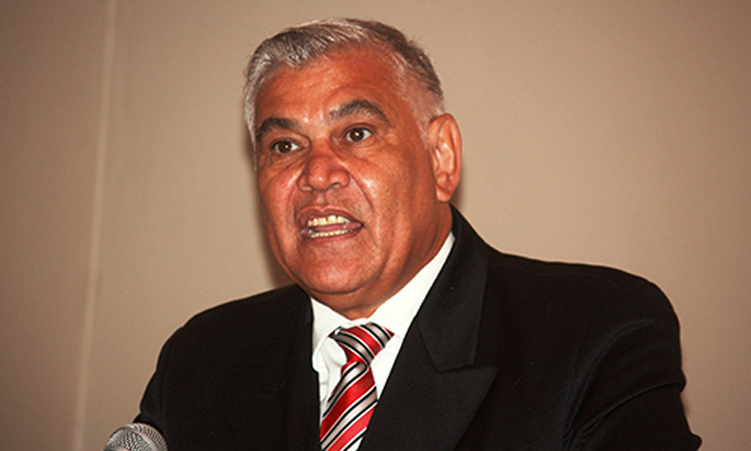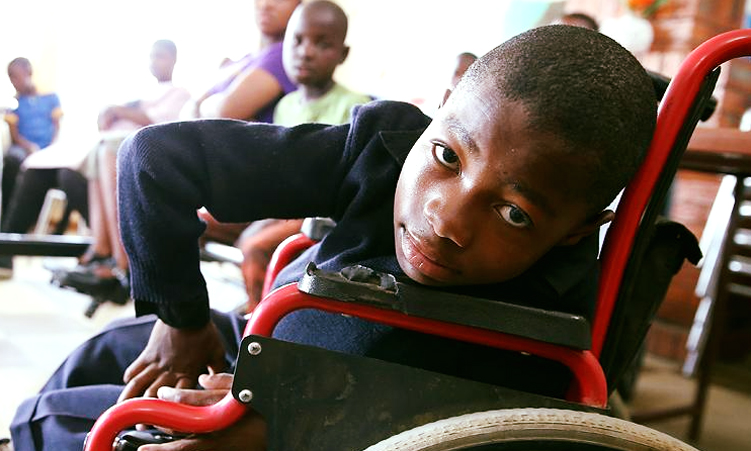Dutch disease is a short way of describing the paradox of significant growth in one sector, normally associated with oil discovery, overshadowing and harming a country’s broader economy.
Seventy percent (70%) of Namibian livelihoods depend on the rural sectors of agriculture and tourism, yet contribute only 5-7% to our GDP.
This explains the high level of poverty and inequality in Namibia with a Gini coefficient index averaging 59,1 – the second most unequal society in the world behind South Africa.
Unemployment is at 33% with the highest number of those affected among people with qualifications at junior secondary schooling and below.
Our budget allocation for agriculture, land reform and water amounts to a paltry 2,45% of the total budget (including the development budget) or only 1,57% excluding the development budget.
This is especially unjustifiable when viewed against the 7,6% we spend on defence.
It is also a far cry from the target allocation for agriculture – 10% as per the Malabo Declaration by African Heads of State.
Are we not suffering from Dutch Disease already, given the above data points?
MAXIMISING BENEFITS
The oil discoveries off Namibia’s coast and developments related to green hydrogen are hugely positive.
We should congratulate our leaders for getting our country ready for the leap to the most promising economic future since independence.
However, these discoveries also require decisive planning to prevent us falling (or digging deeper) into traps experienced by other countries when discovering oil, crowding out other sectors.
Structural impediments hamper small businesses from creating linkages to the formal economic system, resulting from strong barriers to entry for local start-ups, small businesses and most of our semi- and unskilled employment force.
The formal economy is sophisticated and capital intensive, and unable to absorb or integrate the informal, small enterprises and semi-skilled workforce.
It is therefore imperative that Namibia prepares for these discoveries and the emergence of the green hydrogen subsector.
We need to deliberately create internal competencies, legislative and regulatory reforms that will maximise benefits from these resources, while simultaneously working to integrate local, rural and small enterprises into the value chains.
Ensuring maximum benefits requires prioritising the following areas:
• A comparative review of the Petroleum Act, model petroleum agreements and ancillary regulations in model countries to identify opportunities for improvement.
• A comparative review of the Petroleum Taxation Act and the projected government revenue model and revenue percentage take-out against model countries for insights and opportunities for improvement.
• Development of financial models depicting forecast government revenue based on current legislation and regulations, while presenting scenarios based on key value drivers.
• Identifying key risks arising from profit shifting, transfer pricing, related transactions and contract process manipulation, followed by proposals on key institutional, governance and oversight arrangements necessary to mitigate these risks.
FOCUS AREAS
Areas of focus to prevent Dutch disease syndrome will require:
• Analysing potential oil and gas and green hydrogen value-chain linkages into the local economy, with strong emphasis on opportunities for increased local and transformation beneficiation and key policy recommendations.
• Local content policy has to be developed to assess the capacity of local enterprises and local skills sets and develop targeted skills and capacity development programmes well ahead of these sectors coming into production.
• The above development programme will need to be supported by the finalisation and enactment of laws especially related to the Namibia Investment Promotion and facilitation bill and the national equitable economic empowerment bill, local skills development programmes and adjacent industry skills gap analysis and mitigation measures.
The question is what are the support industries and services for the petroleum and green hydrogen sectors and how can an entrepreneur and average Joe make sure they participate.
Critically, how is the average Joe going to be supported to ensure he or she takes part.
Some goods and services with potential linkages include supplying goods and services (pipes, etc), maintenance and repairs, engineering, sampling, accommodation, cleaning, professional services (legal, accounting, marketing, etc), catering, security, spares and warehouses, transport and logistics, charter services, fuelling and bunkering, geological, R&D laboratories, docking, etc.
WE MUST ACT NOW
It is vital that every effort is deployed today to assess our capacity to create linkages into these sectors.
It requires that an undertaking is completed urgently for mapping downstream sector linkages, capacity assessment and gaps, developing plans to close gaps followed by regulations to enforce these plans.
In reality, most unemployed citizens don’t have the skills and experience to participate in these new sectors.
We need to be deliberate about integrating the two most rural sectors of agriculture and tourism, which have the potential of absorbing many Namibians into the formal economic system, particularly these new sectors’ value chains.
It means leveraging technologies and using proceeds from these sectors as an investment to uplift rural communities into a thriving ecosystem.
Unless we act decisively now, the alternate scenario will worsen inequality, unemployment and urban migration.
Until we act intentionally, our current Dutch disease could grow into a full-blown pandemic of Covid proportions.
- Vetumbuavi Mungunda is the founder of Ombu Capital, an investment and advisory firm focusing on the rural economic sectors of agri-business and tourism.
Stay informed with The Namibian – your source for credible journalism. Get in-depth reporting and opinions for
only N$85 a month. Invest in journalism, invest in democracy –
Subscribe Now!






